Teaching Excellence Framework (TEF) and Research Excellence Framework (REF)
The Vice-Chancellor, Professor John Vinney, has a new blog on the HEPI (the Higher Education policy Institute) website on research and teaching and how REF and the TEF work together, with some proposals for change in how the REF is implemented in 2021, and views on subject level TEF, which is proposed for year 3 (informal consultation has already started).
And on Thursday afternoon the HEFCE REF consultation on the implementation of the REF 2021 was published – with a response date of 17 March 2017. The proposals incorporate the principles from the Stern Review. You can read the background on our BU Policy & Public Affairs page on the Stern Review. Wonkhe have a useful summary of the proposals and David Sweeney from HEFCE has written for Wonkhe on why the sector needs to engage in the consultation – contact policy@bournemouth.ac.uk if you would like to be involved in preparing our response, we will be working on this with RKEO.
Wonkhe have published an interesting analysis of the TEF metrics and benchmarking and how they work complete with data about the current likely outcomes of the TEF. Wonkhe report that Professor John Raftery, vice chancellor for London Metropolitan University, has written for the Telegraph on the TEF, calling for the metrics to include a measure for number of qualified teachers in universities – something BU also called for in our TEF consultation response.
An expert in dyslexia has written a blog for Wonkhe on potential benefits for disabled students as a result of the implementation of the Teaching Excellence Framework with its focus on “split” metrics.
Widening Participation and Social Mobility
A Social Mobility Commission report has been issued looking at social and ethnic inequalities in post-16 choices. It examines social gender and ethnic inequalities.
The report found significant differences between poorer children and wealthier children living in the same neighbourhood with the same GCSE results. This Government press release states that “bright children from poorer backgrounds are far less likely to go to university or study A levels that could get them into top universities than their wealthier counterparts – even if they live in the same neighbourhood and achieve similar results at GCSE.”
Some other key findings include:
- 24% of children eligible for free school meals attend higher education compared to 42% of children from more privileged backgrounds.
- Poorer children are also twice as likely to drop out of education at 16 and are more than half as likely to study A levels that could get them into a top university.
- around a quarter of the progression gap – the different choices made by children after leaving school – is purely down to social background.
- White British students are far less likely to go to university than ethnic minority students – Indian (72%), Pakistani/Bangladeshi (53%), Black (57%) and White British (36%). Participation differences between White British and other ethnic groups who live in the same neighbourhood and with the same GCSE attainment are even more pronounced.
- White British students are more likely to drop out of post-16 education than ethnic minority students – Indian (3%), Pakistani/Bangladeshi (8%), Black (7%) and White British (10%).
- Female pupils are 8% more likely to attend university than males (44% versus 36%). However, although female participation rates at top selective universities are slightly higher (10% versus 9% for boys); they are less likely to attend these universities than a boy from the same neighbourhood with the same GCSEs.
Education Select Committee Inquiry into the effect of Brexit on staff and students in HE
Our evidence has been published as part of 190 submissions to the committee. You can read the submissions through links here (click on “view all”).
Neil Carmichael MP, Chair of the Education Committee, said: “This written evidence from university leaders, academics, businesses and others highlights the degree of concern about the fate of UK universities post-Brexit. The evidence raises a variety of issues relating to freedom of movement, including the prospects for recruiting EU students post-Brexit and the future rights of EU staff to live and work in the UK. Concerns are also raised about how to maintain the UK as an attractive destination for EU and international students, about the financial viability of universities, and the need to ensure Britain can continue to compete on the international stage as a provider of world-class university education.
In our inquiry, we are determined to examine the opportunities for higher education post-Brexit and consider what the Government’s priorities should be for the sector going into the negotiations with the EU. It’s crucial that we don’t allow Brexit to become a catastrophe for our university sector. We look forward to testing the evidence and questioning university leaders, academics, students, unions, and Ministers in our public evidence sessions in the New Year.”
Higher Education and Research Bill reaches the Lords
The HE and Research Bill had its second reading in the House of Lords on 7th December and has now moved to the Lords Committee stage. Research Professional have a summary. You can read the full debate in Hansard here and a summary by DODs here.
At the committee stage amendments will be tabled and discussed in great detail. The Bill has only had government amendments approved so far, and there has been a lot of criticism (of and by everyone) of the level of scrutiny so far – with time being severely limited in committee and third reading stage in the Commons, with all opposition amendments rejected. But as you saw from my update on the third reading in the Commons, the debate there centred largely on Brexit, student visas, TEF, and loans (none of which are actually covered by the Bill), with very little actual focus on the bill itself.
It is expected that the Lords, while they will discuss those issues as well, will also focus on the bill itself, particularly on the changes to the research landscape, but also on degree awarding powers and other aspects of autonomy – and that was reflected in the debate, as well as discussions about the TEF.
UUK have update their briefing note to focus on what they want from the Lords – read it here – it lists the same 7 issues as for the House of Commons third reading, so it is interesting to see that they have flagged three in particular in a joint letter to the Guardian with GuildHE, calling for the Lords to amend the Bill to address probationary degree awarding powers, to stop the OfS validating degrees and to stop the government interfering in academic standards and course funding.
It has long been expected that fees, loans and linking TEF to fees, will be a feature of the Lords debate – Wes Streeting wrote about student loan repayment yesterday: Wes Streeting MP: Labour Lords will fight student loan repayment ‘scandal’.
UCU Survey: Inaccuracies in predicted grades
The UCU undergraduate application and admission survey tackles the disparity between predicted and actual A level grades achieved. It reports only 16% of predictions (2013-15) were correct with the majority of students predicted higher than they achieve, identifies differences in under/over prediction depending on the type of institution, and notes differences surrounding disadvantaged students. The Guardian quotes Sally Hunt (UCU) “this report is a damning indictment of a broken system” and references the underpinning study by Dr Gill Wyness (University College London Institute of Education) “it seems highly inefficient to continue with a system in which life-changing decisions are made, and scarce university places are allocated, on the basis of inaccurate information”. THE pick up on the socio-economic angle of high achieving disadvantaged students who are under predicted and state it may be skewing their access to highly selective universities. UCU are calling for an overhaul and recommend a post-qualification admissions system. .
Something a bit different
The House of Commons Science and Technology Committee has decided to create an open opportunity for the science community and the wider public to suggest science and technology areas for scrutiny. Inquiry: My Science Inquiry
Inquiry proposals will be considered on the basis of merit, and the Committee would be interested to receive proposals for work in areas that might otherwise escape its attention. Proposals should outline in less than 200 words the nature of the issue that the Committee should explore, why it deserves attention, and how Government policy in this area could be developed or improved. A selection of the proposals will be shortlisted for an opportunity to give a 10-minute pitch to the Committee in person at a public ‘Dragons’ Den’-style session to be held in the New Year. Please contact policy@bournemouth.ac.uk if you are interested in contributing – the deadline is 4th January 2017.


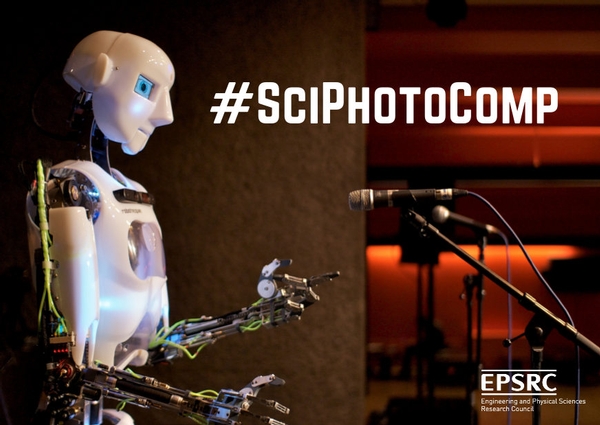
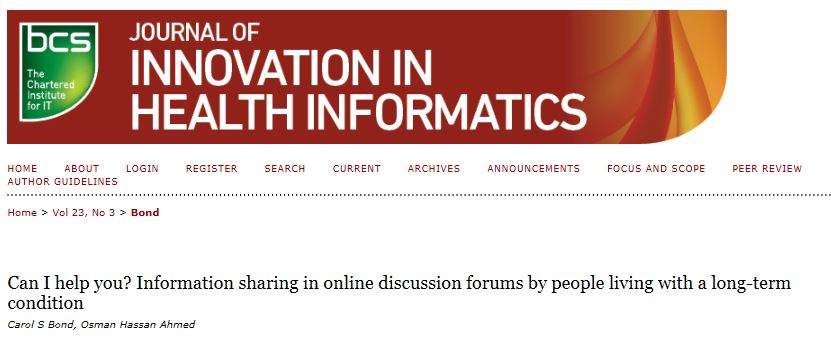
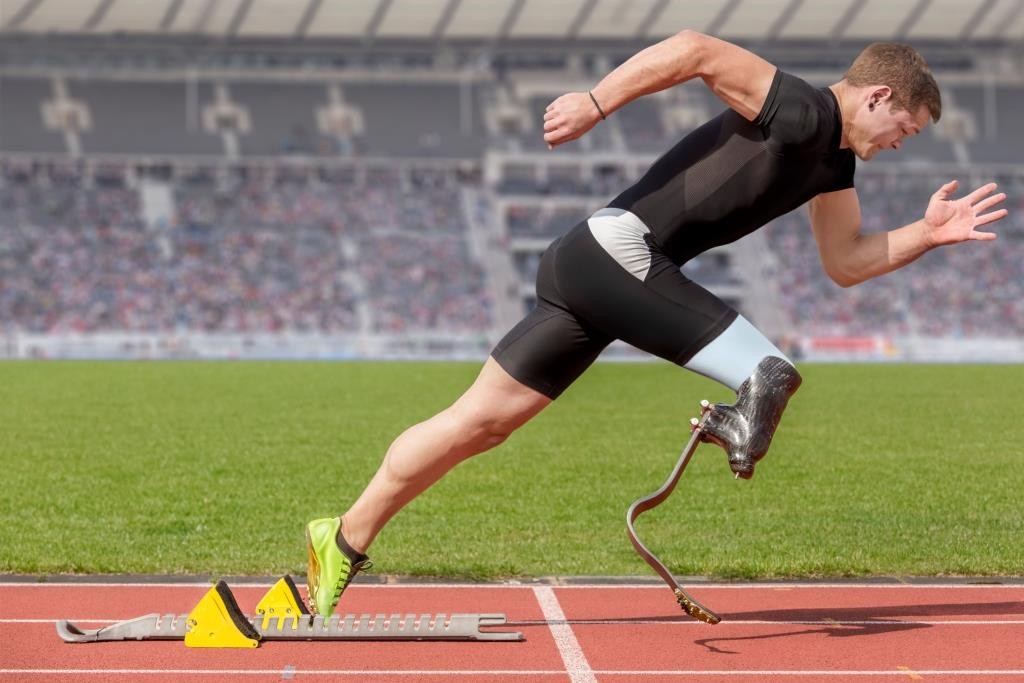
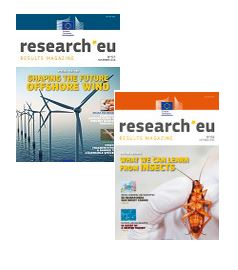
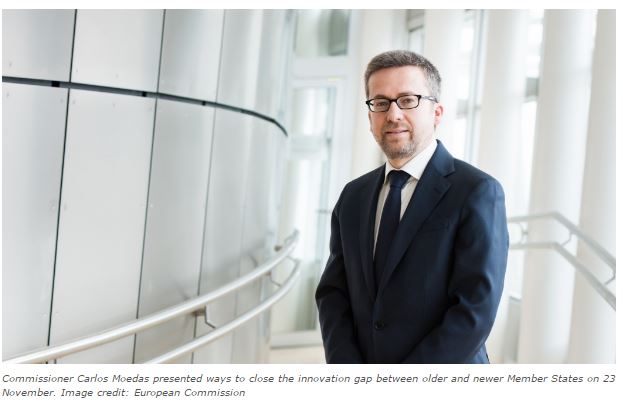
 The
The 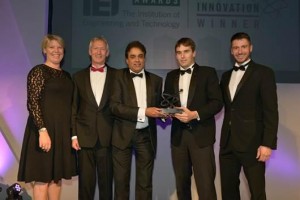 Bournemouth University researchers
Bournemouth University researchers 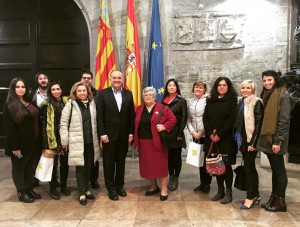
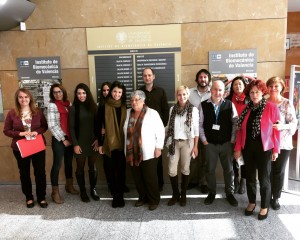
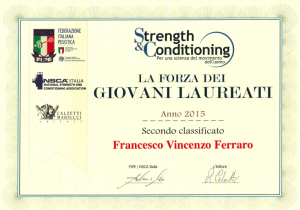
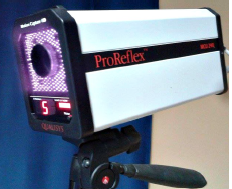 using a system of 8 QTM cameras and a force plate, I measured the effect of different tasks upon the static balance in 20 young volunteers.
using a system of 8 QTM cameras and a force plate, I measured the effect of different tasks upon the static balance in 20 young volunteers.
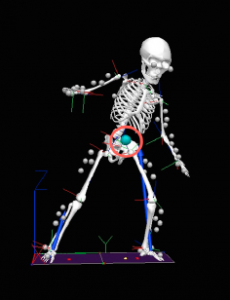 Special thanks go to the people who helped me at the
Special thanks go to the people who helped me at the  In his Autumn Statement on Wednesday the Chancellor of the Exchequer, the Rt Hon Philip Hammond MP, outlined a new National Productivity Investment Fund (NPIF) that will add an extra £2 billion a year for research and development by the end of this Parliament.
In his Autumn Statement on Wednesday the Chancellor of the Exchequer, the Rt Hon Philip Hammond MP, outlined a new National Productivity Investment Fund (NPIF) that will add an extra £2 billion a year for research and development by the end of this Parliament.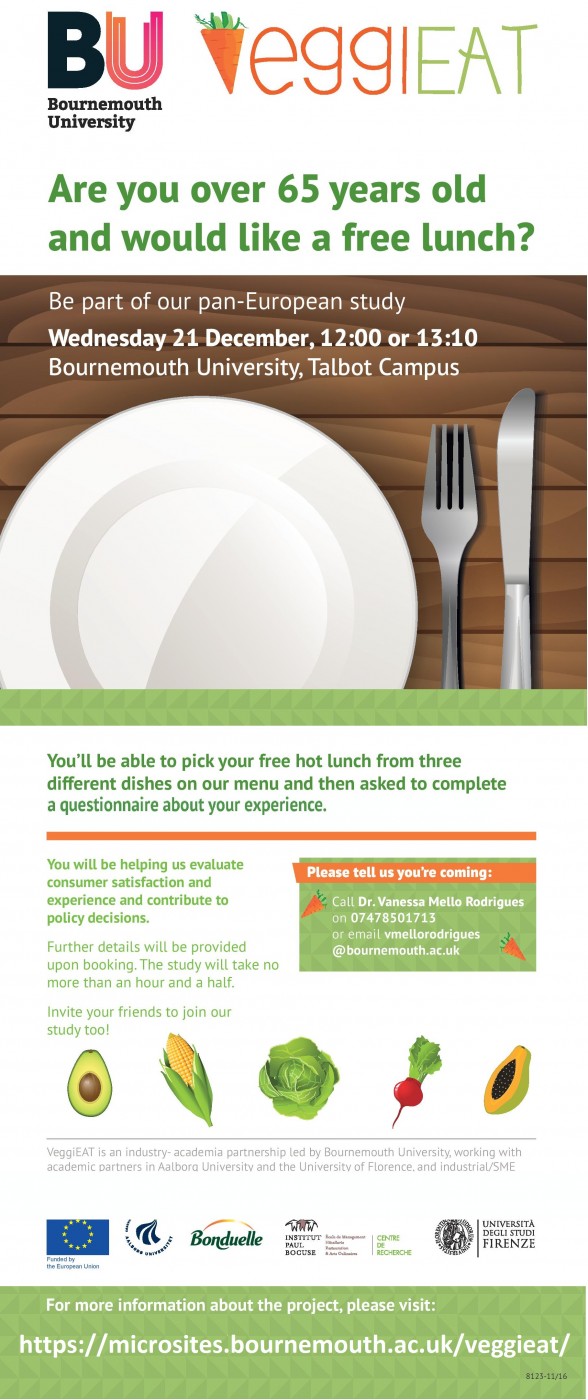











 FHSS academics teaching in Nepal
FHSS academics teaching in Nepal New weight change BU paper
New weight change BU paper One week to go! | The 16th Annual Postgraduate Research Conference
One week to go! | The 16th Annual Postgraduate Research Conference Geography and Environmental Studies academics – would you like to get more involved in preparing our next REF submission?
Geography and Environmental Studies academics – would you like to get more involved in preparing our next REF submission? Congratulations to three former BU staff
Congratulations to three former BU staff MSCA Staff Exchanges 2024 Call – internal deadline
MSCA Staff Exchanges 2024 Call – internal deadline Applications are now open for 2025 ESRC Postdoctoral Fellowships!
Applications are now open for 2025 ESRC Postdoctoral Fellowships! Horizon Europe – ERC CoG and MSCA SE webinars
Horizon Europe – ERC CoG and MSCA SE webinars MaGMap: Mass Grave Mapping
MaGMap: Mass Grave Mapping ERC grants – series of webinars
ERC grants – series of webinars